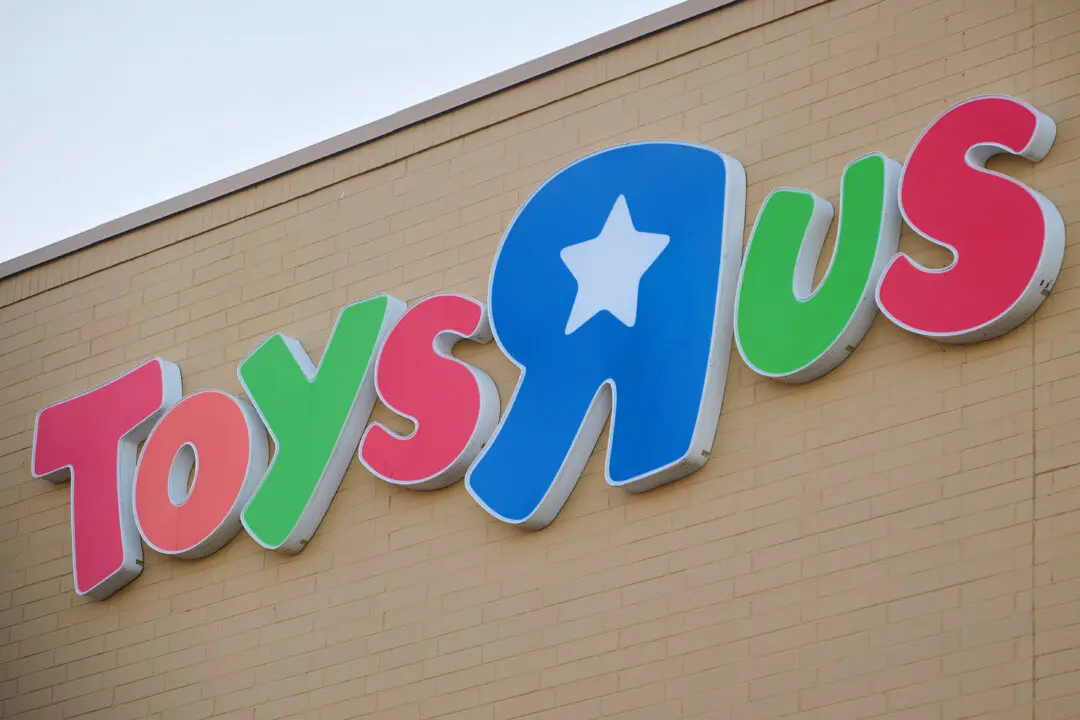TORONTO—The Heart and Stroke Foundation is calling on the federal government to restrict online marketing of unhealthy foods and beverages aimed at children and teens, saying that high-volume promotional tactics are setting up young people for obesity and lifelong health problems.
The foundation is calling for the elimination of marketing of all food and beverage products to children and youth under age 17.
A study commissioned by the foundation determined that collectively children are exposed to 25 million food and beverage ads a year on their top 10 favourite websites, and more than 90 percent of products viewed by both kids and teens online are for products considered unhealthy because of high concentrations of sugar, fat, or sodium.
“I was very shocked by the numbers because they were so high,” study author Monique Potvin Kent, an assistant professor in the school of epidemiology, public health, and preventive medicine at the University of Ottawa, said of the exposure to web-based ads.
“But online, obviously there are no limits. They can just keep adding more ads,” said Potvin Kent, who reviewed food and beverage promotions on children’s and teens’ websites over a one-year period, assessing both the volume of ads and the nutritional quality of the products.





